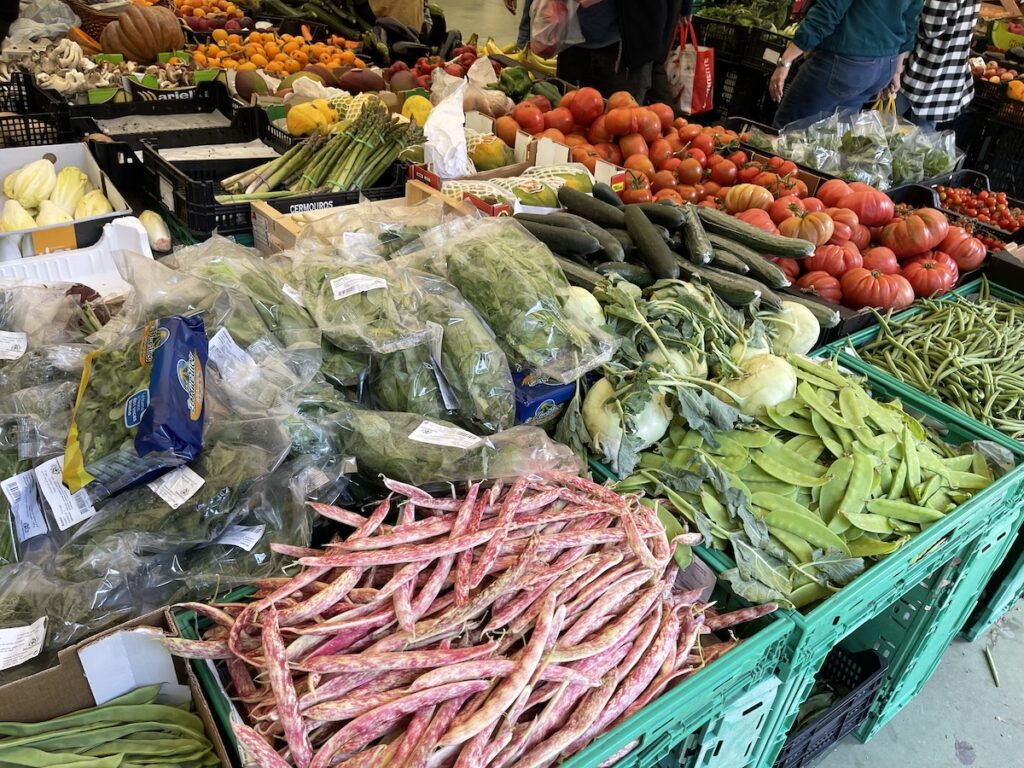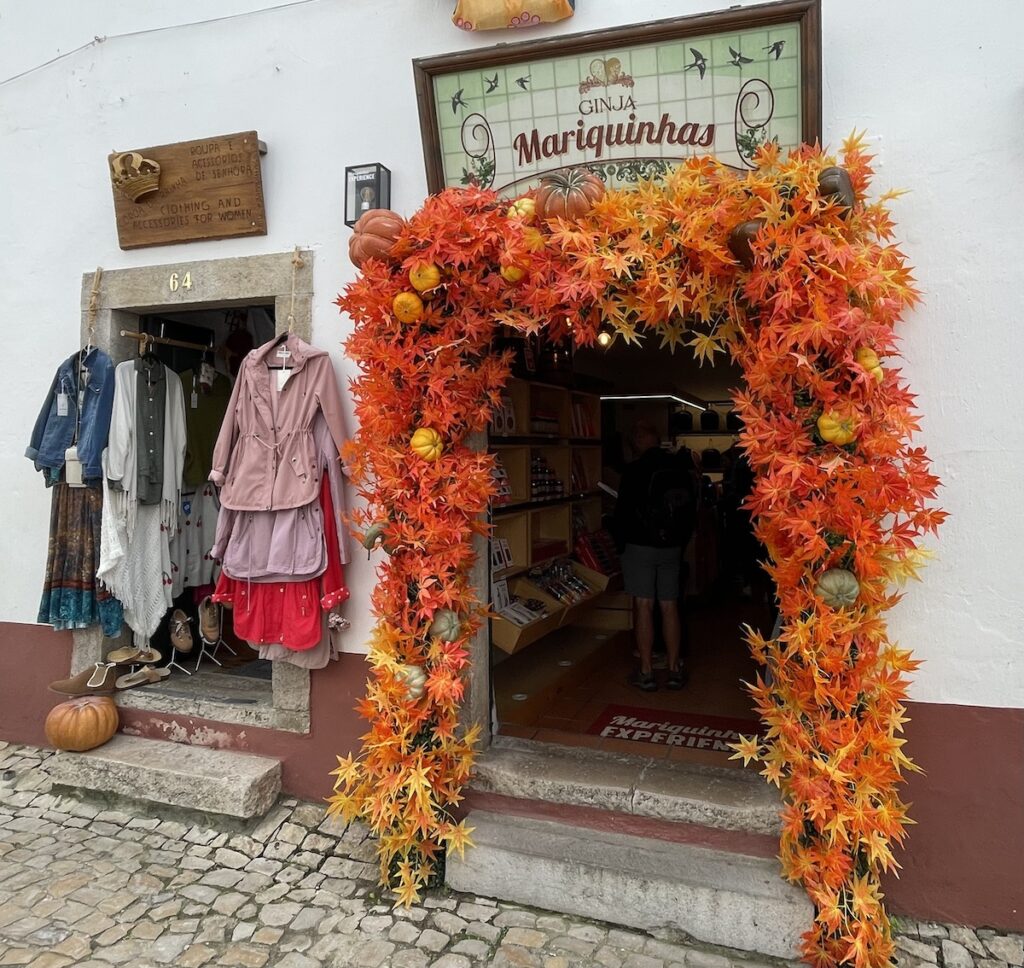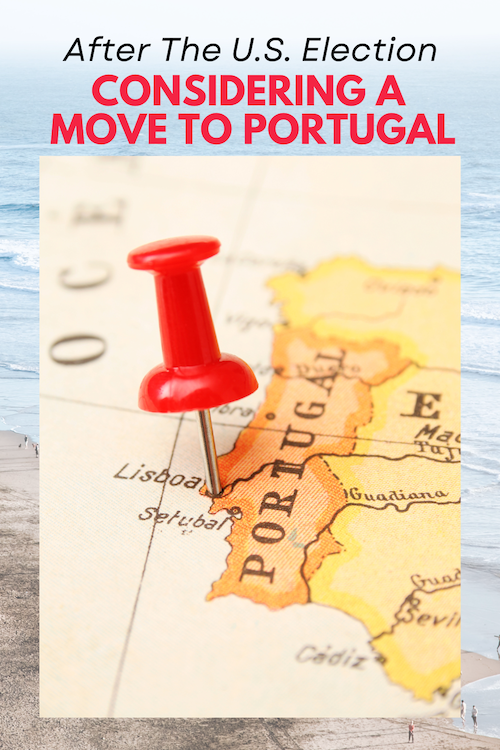There’s no question that Portugal has been getting more interest over the years from travelers. But it’s also been on the radar for people considering relocation. Having lived in Portugal since early 2021, we’re happy to provide a few answers to the most common questions about life in Portugal these days. Have a look for yourself.
Is Portugal Really Cheap?
As in many other places, prices in Portugal have risen steadily. The cost of housing has seen the most dramatic climb, whether for purchase or rent. There are several reasons for this including the appeal of Portugal for investment purposes, very low inventory of available housing, and the slow pace of new construction. Every person will have a different experience related to the cost of housing where they currently live. Location, size, and amenities have a big impact on pricing. Check out some of the popular websites for price comparisons. Idealista, kyero, and imovirtual will get you started.
The cost of private health insurance also provided a shock last year when the major insurers all raised their premiums by 50% or more. However, even with the increase, the price of our insurance is slightly lower than what we paid in the U.S. and it is significantly more comprehensive. Our plan includes vision and dental benefits, will cover us in Portugal as well as Spain, and includes coverage if we are traveling in another country for up to 60 days. Plans and companies vary, and there is also a public system that can help in emergencies or other circumstances.

Prices of other goods have risen as well, but since many of them were lower than in other parts of Europe or North America, they may still be seen as quite affordable by comparison. Some pricing is caused by world events, such as the drought in Spain driving up the cost of olive oil, and market forces affecting energy and utility prices as well as the price of gasoline at the pump. Even so, you can still get a great meal with wine or beer often for under €20 at a local restaurant. Farmers markets offer wonderful produce, meat, fish, dairy products, bread, flowers, and more quite affordably.
There are a lot of other costs to consider, of course, but these are often the big three people wonder about. Our honest opinion is that while Portugal is a beautiful country with lots of diversity and other benefits, you will be disappointed if saving lots of cash is your highest priority for moving, unless you live in a major urban area with extremely high costs,
Is Portugal Really Safe?
Safety is one of the other factors that people considering a move are rightly concerned about. Portugal has long been seen as a safe country in general and welcoming to diverse people in particular. Our experience is that this is still true.
In a country of about 10.5 million, some 1 million are immigrants. And Portugal had nearly 27 million visitors last year. With so many people coming and going, as well as coming and staying, there’s certainly a lot going on, especially in the major cities such as Lisbon and Porto. We have heard about petty crimes like theft, but not with great frequency.
Portugal ranked 7th in the Global Peace Index for the safest countries in the world in 2024. Lower unemployment, increased economic activity, and relative governmental stability add to the positive environment. While there are certainly protests, strikes, and other disturbances from time to time, we feel our personal safety in Portugal is high.
How Difficult Is It To Get A Visa?
This question can be a moving target because it seems that changes occur regularly. At this time, however, the process for someone from the U.S. gaining a long-term visa has straight-forward requirements. With a properly completed application, and compliance with all of the documentation and rules of the process, we’d say that obtaining a visa should be well within reach.
The administration of immigration has changed since we arrived. The former agency in charge SEF has been transformed into AIMA. There is a large backlog of applications from the transition, but we believe that in the future that will clear up and the process, though still a little slow, should become more efficient. The Portuguese government has been working hard to simplify and automate more and more, so the hiccups in the system will hopefully become fewer in time.
There are a lot of moving parts in obtaining a visa, but it can be done. We hired someone to help make sure we had crossed the t’s and dotted the i’s on our application. It went very smoothly and we had our approvals in about a month. The process may be taking a little longer now but we still believe that if your application is properly completed, well organized, and you meet all the qualifications of the visa type you are seeking, it should go smoothly.
How Is It Dealing With A Different Language and Culture?
Depending on your point of view, this is either a question that will fill you with excitement and adventure or fear and dread. For us, it was the former, and still is. Learning a new language is always a challenge, and honestly, Portuguese is tricky. But there are tons of resources available, including online classes, apps, government courses, in-person programs, and more. It is a requirement to reach a level of basic competence if you plan to apply for permanent residency or citizenship, so be prepared if that is your goal.
Practically speaking, we hear English spoken more and more. In the major cities and resort areas, almost everyone speaks English. Where we live, when we first moved here, we heard mostly Portuguese in all the stores and restaurants. Now, English is just as common. Most people under the age of about 40 also learned English in school and are anxious to practice it. This can be challenging when you want to practice your Portuguese because they will quickly switch to English to be accommodating.
We’ve begun to see some cultural adjustments as well. Portuguese enjoy their families and holiday celebrations. Soccer games are well-attended and parties and gatherings are frequent. Most of these are steeped deeply in Portuguese culture and habits.
Recently, we’ve been noticing more and more influences coming from other countries, particularly the United States and Great Britain. This is reflected in both the availability of products such as items in the grocery stores, as well as celebrations during the year.

For instance, our first year here, we saw next to nothing that would be considered Halloween decorations or treats. This year, not only were there treats in the bakeries celebrating ghosts and jack ‘o lantens but also there were a lot of decorations for the home, costumes, and mixed bags of individually wrapped candies good for handing out. We have been to Halloween parties, and children and parents now go “trick or treating” on the evening of October 31st.
We feel it is important to fully participating in our new country to speak the language and understand the culturally significant aspects and events here. But as the world continues to become more interdependent, we believe that there will be more things we recognize that integrate as well.
For now, learning the language and adapting Portuguese culture has been enjoyable, even as it definitely is an ongoing process. And, we are beginning to see signs of other cultural elements being incorporated, making it even more enriching and fun,.
Is It Hard To Make Friends? Are You Lonely?
Portugal is generally a welcoming country. But it can be hard to find your “tribe” when you’re starting out from scratch. Nevertheless, when you decide to move, you need to put on your most extroverted self and do things that might be uncomfortable in order to meet new people. Joining Facebook groups, going to Meetups, learning about clubs or activities that are interesting to you, and taking other steps to put yourself out there help a lot.

We were fortunate to make a few Facebook friends in the area that we moved to before we actually moved. We went to lunch and dinner with new friends, went to picnics, went hiking and listening to music. In a short time, we had met some wonderful people who have since introduced us to their friends, and our friend circle expanded. As we learn more of the language, we have added Portuguese friends who have lived here their entire lives.
We have a very active social life and many good friends. We also created a Facebook group for Queer Women in Portugal and those interested in moving to Portugal to chat, make friends, learn about events, and get together. Perhaps we made friends more quickly because the area we live has a good number of expats and we moved here at a time when we were willing to make the effort to meet people. But if we can do it, anyone can. It just takes the desire and effort to connect. There are lots of wonderful people just waiting to meet more wonderful people as well.
Are You Glad You Moved To Portugal?
We get asked this question a lot. And we are always surprised by how strong our answer is. It is a resounding YES! Let’s face it, the world is changing around us every day. In some ways, we can’t imagine not having moved to Portugal. We like the slower pace and the friendly environment. We enjoy exploring the food scene and traveling throughout the country to discover new places. We’re learning more of the language all the time, which is opening up even more culture and introducing us to new friends.

The world is unpredictable, and after the U.S. election we know a lot of people are more interested than ever in making a move. We want to provide encouragement with a realistic view of what it takes and what to expect should you find that moving to Portugal is a real possibility for you.
What Are Next Steps?
If you have already done your soul-searching and think that Portugal might be the place for you, our first recommendation would be to get a copy of our newly updated and expanded ebook 101 Tips For Moving To Portugal (And Once You Arrive). We go through the process and all the decisions and actions you’ll need to take, point you to reliable resources, and help you avoid some of the most common pitfalls of dealing with such an important and emotional part of life.
We also provide private consulting to those who seek more customized information and advice. Feel free to contact us directly by sending an email to corporate@foodtravelist.com with the heading Consulting Inquiry.
If after the U.S. election you want to move to Portugal, we look forward to welcoming you with all our heart!
PIN IT FOR LATER





Comments are closed.